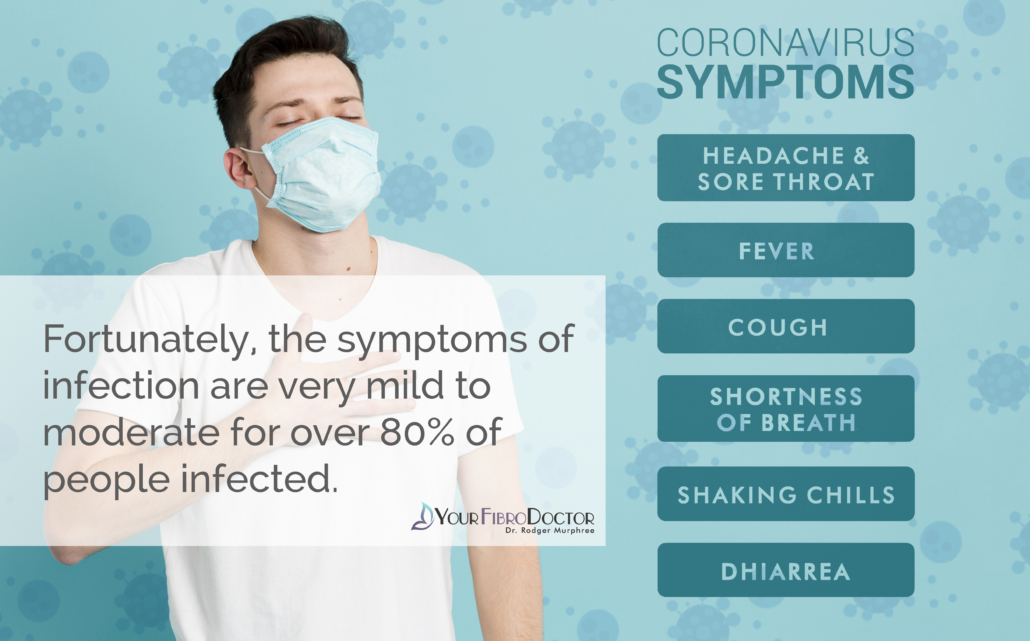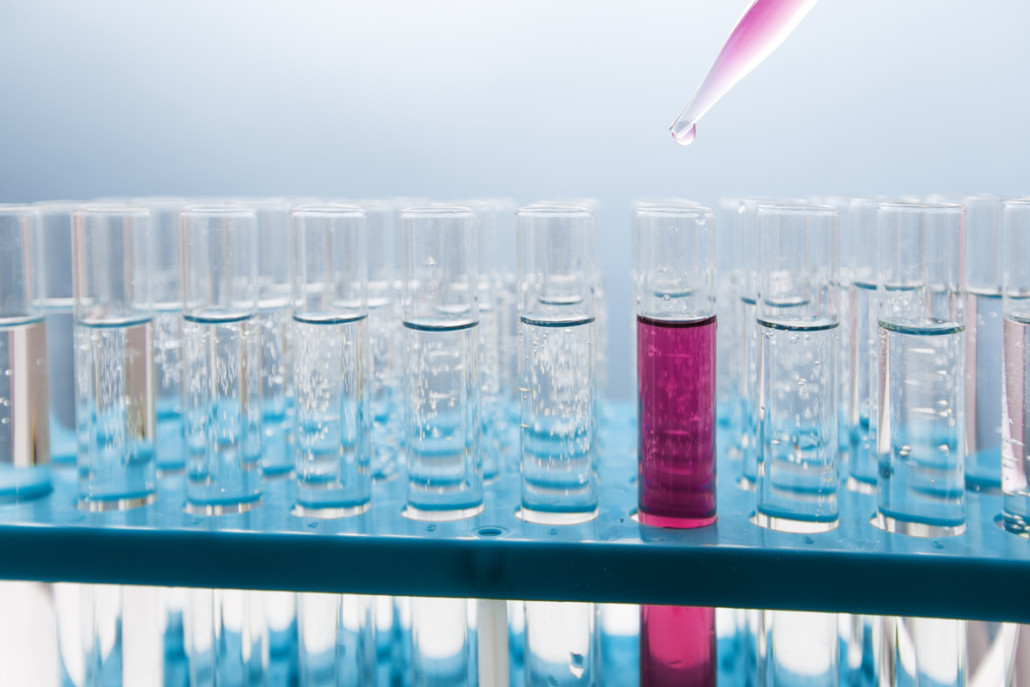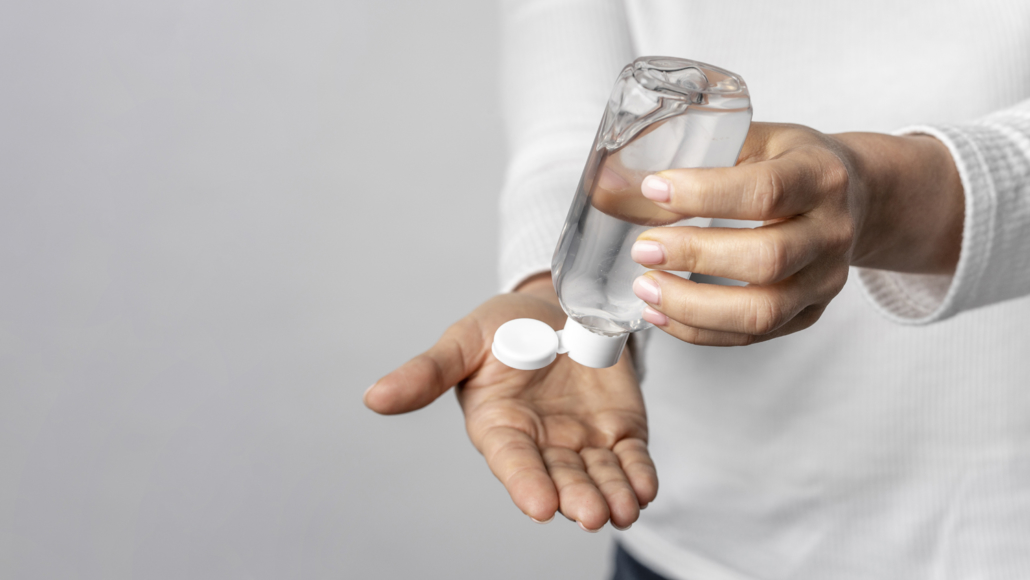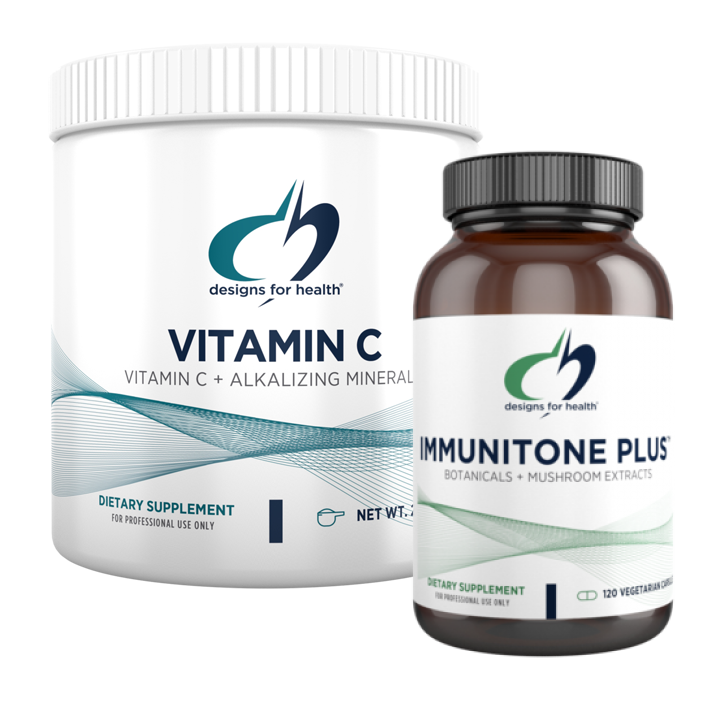Treatment for Coronavirus
Researchers around the world are racing to identify effective treatments for the corona virus.
In this blog I’ll reveal which drugs are being investigated for corona virus.
And I’ll provide a list of natural supplements I’m recommending to my patients, ones that have been shown to be effective in preventing and treating viral infections.
First An Update
As of Sunday March 22nd, Covid-19 has infected over 330,000 people in more than 80 countries. The global death toll is approaching 15,000. Over 97,000 cases have recovered.
There are over 32,000 cases in the U.S. As testing continues to be made available, the number will go up. There are over 400 deaths attributed to the virus.
Coronaviruses (CoV) are a large family of viruses that cause illness ranging from the common cold to more severe diseases such as Middle East Respiratory Syndrome (MERS-CoV) and Severe Acute Respiratory Syndrome (SARS-CoV). A novel coronavirus COVID-19 is a new strain that has not been previously identified in
The Wuhan coronavirus is currently thought to be milder than SARS and MERS and takes longer to develop symptoms.
The common signs of infection include respiratory symptoms, fever, cough, shortness of breath and breathing difficulties. In more severe cases, infection can cause pneumonia, severe acute respiratory syndrome, kidney failure, and death.

The Coronavirus attacks the lung’s lower respiratory tract.
This leads to:
- Cough
- Fever
- Shortness of breath
In mild cases, the virus will run its course and resolve on its own without intervention. In fact for many the symptoms are so mild or nonexistent, they don’t even realize they are carriers. However, in some, virus can cause pneumonia and uncontrolled inflammation which results in:
Severe inflammation generating swelling and accumulation of fluid in the lungs
Damage to capillaries where gas is exchanged in your lungs (the alveolar-capillary barrier)
Oxidative injury from the tissues in your lungs, known as hypoxia (injury to lung tissues caused by not enough available oxygen)
Once in acute respiratory distress, the lungs are unable to get enough air to the rest of the body – depriving vital organs of the oxygen they need to function.
This life-threatening situation is triggered by a series of events that happens when your immune system goes overboard.

Immune Response To Corona Virus
Once alerted to this viral invasion, your body launches an immune response – deploying immune cells, causing your body to begin releasing a cascade of pro-inflammatory chemical messengers.
Among these chemical messengers are cytokines, small proteins that play a vital role in immune system communication, activation, and function.
In a normal immune response the appropriate number of inflammatory cytokines are released to attack any foreign invaders.
But in an exaggerated response, too many cytokines are secreted too quickly. This is known as a “cytokine storm”. This overproduction and flooding of cytokines and immune cells in the lung tissues in response to Coronavirus is what causes the massive inflammation and swelling that is so damaging.

How To Treat A Coronavirus Infection
For mild cases, treatment primarily focuses on rest, and recuperative measures such as:
Bed rest
Staying well hydrated (drink minimum of 64 ounces of water a day up to half your weight in ounces).
Eat healthy. Avoid “junk food” and excessive sugar.
Monitoring temperature and breathing.
Use Tylenol for fever (don’t use Ibuprofen or other NSAIDs)
Administration of oxygen if needed
For serious cases, those with acute respiratory syndrome, intubation and mechanical ventilation (being hooked up to a breathing machine) may be necessary. Experimental antivirals may be tried.

Antimalarial drugs and the Coronavirus
A number of older, broad-spectrum medications have been singled out as potentially effective against Corona virus. These drugs work by interfering with the pathways required for the Corona virus to replicate. While traditionally used for treatment of malaria and other parasites they have broad-spectrum activity and may be beneficial. It is too soon to know but research is underway and there have been positive reports in those few patients who’ve been given this drug.
So far, research has found the following antimalarial/antiprotozoal medications to be the most potent in treating patients infected with Coronavirus.
- Chloroquine
- Hydroxychloroquine
- Nitazoxanide
- Chloroquine (Plaquenil)
This drug has been used to treat patients with malaria for nearly a century. It is a synthetic version of quinine, a natural compound that people have been extracting from the bark of cinchona trees since the early 1600s.
It works by essentially slowing down how efficient the virus is at entering cells, which can slow the rate of replication
Researchers believe chloroquine could help patients with the new disease by slowing the virus’ spread.
Professor Didier Raoul is an infectious diseases specialist and head of the IHU Méditerranée Infection, who has been tasked by – and consulted by – the French government to research possible treatments of Covid-19.
He said that the first Covid-19 patients he had treated with the drug chloroquine had seen a rapid and effective speeding up of their healing process, and a sharp decrease in the amount of time they remained contagious.
Chloroquine – which is normally used mainly to prevent and treat malaria – was administered via the named drug, Plaquenil.
The treatment was offered to 24 patients, who were among the first to become infected in the south east of France, and who had voluntarily admitted themselves to hospital for the process.
Patients were given 600mcg per day for 10 days. They were closely monitored, as the drug can interact with other medication, and cause severe side effects in some cases.
“We were able to ascertain that patients who had not received Plaquenil (the drug containing hydroxychloroquine) were still contagious after six days, but of those that had received Plaquenil, after six days, only 25% were still contagious.”
There are at least two dozen clinical trials are already underway in China to test chloroquine’s efficacy against COVID-19. Early results show that it seems to cut down the virus’ rate of replication. Some researchers have suggested that its ability to modulate the immune system may also help reduce the severity of the cytokine storms, a potentially deadly overreaction to the disease that can result in organ failure.
In preclinical research, it’s been shown to be effective in viral infections including severe acute respiratory syndrome (SARS), Middle East respiratory syndrome (MERS) and HIV
Hydroxychloroquine
Hydroxychloroquine is drug is closely related to chloroquine. It’s a potentially less toxic form of the malaria drug that’s used to treat certain autoimmune diseases like lupus and rheumatoid arthritis. Like chloroquine, scientists suspect it might help to mitigate cytokine storms.
Doctors are testing it in COVID-19 patients on the theory that if chloroquine is helpful, hydroxychloroquine might be too, and recent lab results seem to back that up. Several clinical trials have begun in China to test hydroxychloroquine in patients with COVID-19, and the University of Minnesota also launched one of its own this week. “After 90 days we will have some indication of whether this is effective or not,” and how effective it could be, said Dr. Jakub Tolar, dean of the University of Minnesota Medical School.
Nitazoxanide is a broad-spectrum antiparasitic and broad-spectrum antiviral drug that is being discussed as a possible treatment for COVID-19.
Gilead’s Remdesivir is being studied in five clinical trials around the world.
The antiviral drug – which has been tested as a potential treatment for Ebola – has shown some promise against viruses similar to the one causing Covid-19.
The New England Journal of Medicine described earlier this month how the drug was successfully used on the first patient infected by Covid-19 in the United States.
Results from a Remdesivir trial in China could out come early next month, while Gilead has begun two international trials of the drug.
The National Institutes of Health has also begun testing it on patients in a US trial last month. A clinical trial sponsored by the National Institute of Allergy and Infectious Diseases, part of the National Institutes of Health, has already launched at several locations in the U.S., including the University of Nebraska, the University of Minnesota and UC Irvine.
Losartan
This hypertension drug reduces blood pressure by preventing a hormone called angiotensin from binding to receptors on blood vessels, allowing them to stay relaxed.
Scientists hypothesized that losartan might help patients with COVID-19 because, as an angiotensin receptor blocker, it obstructs the site through which the virus gets into the cells, Tolar said.
This drug rounds out the trifecta of treatments that University of Minnesota researchers are putting through clinical trials; they have not yet started recruiting subjects, according to the NIH.
The lungs are the organs most affected by COVID-19. The virus accesses host cells via the enzyme ACE2, which is most abundant in the type II alveolar cells of the lungs. The virus uses a special surface glycoprotein called a “spike” (peplomer) to connect to ACE2 and enter the host cell.
Researchers led by Qiang Zhou, a research fellow at Westlake University in Hangzhou, China, have revealed how the new virus attaches to a receptor on respiratory cells called angiotensin-converting enzyme 2, or ACE2.
ACE inhibitor drugs (angiotensin converting enzyme inhibitors) are used to treat heart disease. Examples of ACE inhibitors include:
- benazepril (Lotensin)
- captopril (Capoten)
- enalapril maleate (Vasotec)
- fosinopril (Monopril)
- lisinopril (Prinivil, Zestril)
- moexipril (Univasc)
- trandolopril (Mavik)
- quinapril (Accupril)
- ramipril (Altace)
While it’s too early to tell, further research is needed, these drugs appear to hold some promise in future Coronavirus treatment. It may be a few weeks or months until we know if any of these drugs are helpful. Until then, natural over the counter supplements offer the best opportunity to prevent and if needed treat COVID-19.
Angiotensin-Receptor Blockers (ACE drugs ) and the Coronavirus
The cells in the lining of your lungs contain receptors known as ACE-2 receptors. When the Coronavirus enters the body, it uses these ACE-2 receptors to attach to and then enter into your cells. It then begins growing and spreading.
Researchers are suggesting that the use of angiotensin-receptor blockers, – a class drugs that block ACE-2 receptor sites, may be helpful in the treatment of Coronavirus. Reducing the receptor sites the virus uses to gain entry into a cell would be a novel way to reduce the growth of the virus.
Natural angiotensin-receptor blocking options include:
- Taurine
- Coenzyme Q10
- Gamma linoleic acid (GLA
- Resveratrol
- Garlic
- Vitamin C
- Vitamin B6
- Celery
The use of ACE blockers for the treatment of Coronavirus will require more research before it can be recommended by health professionals.

PREVENTION
Experts are reporting that COVID-19 has an affinity for pulmonary receptors that is extraordinary. Anyone with a compromised immune system or an ongoing respiratory illness (asthma, COPD, bronchitis, etc.) should take action NOW!!!
Here are preventative measures that you should keep in mind:
1. Don’t shake hands! Use a fist bump, slight bow, or nod, etc.
2. Use your knuckle, elbow or gloved hand to touch light switches, elevator buttons, etc. Lift the gasoline dispenser with a paper towel, shirtsleeve wrapped hand or use a disposable glove.
3. Open doors with your closed fist, elbow, foot, or hip – do not grasp the handle with your hand, unless there is no other way to open the door.
4. Use disinfectant wipes at the stores when they are available, including wiping the handle and child seat in grocery carts. And
5. Wash your hands with soap for 10-20 seconds and use throw away paper towels. This is the gold standard! If you’re out of the house and come into contact with others, then wash your hands several times a day. If you can’t use soap and water then use a 60% or greater alcohol-based hand sanitizer. But as soon as you can wash your hands with soap and water!
6. Keep a bottle of sanitizer with you at all times-purse, briefcase, car, etc. and use frequently.
7. If possible, cough or sneeze into a disposable tissue and discard. Use your elbow only if you have to. The clothing on your elbow will contain infectious virus that can be passed on for up to a week or more! As soon as possible wash any clothes you feel have been contaminated.
8. Consider using latex or nitrile latex disposable gloves for use when going shopping, using the gasoline pump, and all other outside activity when you come in contact with contaminated areas.
9. Surgical masks won’t prevent you from catching COVID-19, but they are helpful in preventing you from touching your nose and/or mouth. The mask will not prevent the virus in a direct sneeze from getting into your nose or mouth – it is only to keep you from touching your nose or mouth. It does help those who are infected not to spread the virus.
10. Keep your stress to a minimum. Stress is THE catalyst for disease! Get plenty of rest. Don’t over do it. Stay hydrated. Drink lots of water-half your weight in ounces.
11. Avoid sugar! Sugar lowers your immune system-same for alcohol. Sugars and other simple carbohydrates result in a 50% reduction of white blood cell activity for up to five hours.
Natural Supplements To Help Prevent And Or Treat COVID-19
–> Click here to read more about natural remedies I’m recommending to my patients
P.S. Special – Join Me Tuesday at noon CDT for a FREE LIVE Facebook Q&A
Get your questions answered about COVID-19 and how to get healthier, reduce fibromyalgia symptoms and fibro flares
–> The Your Fibro Doctor Facebook Page
P.P.S. –> The Immune Supplements are 15-35% OFF While Supplies Last!





Leave a Reply
Want to join the discussion?Feel free to contribute!